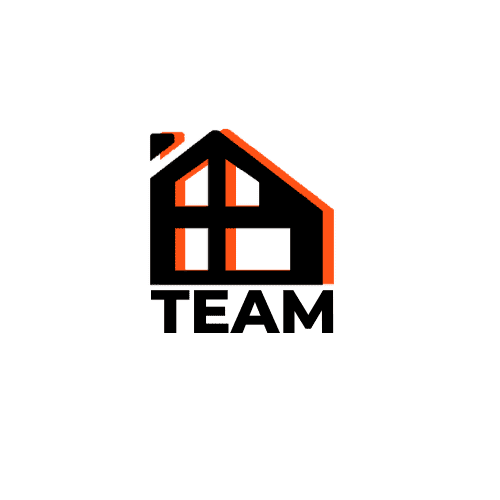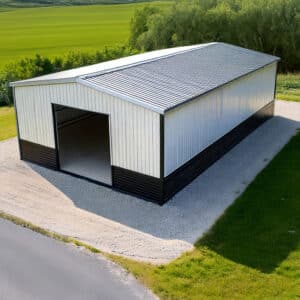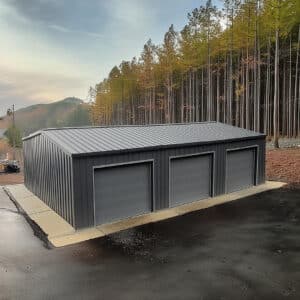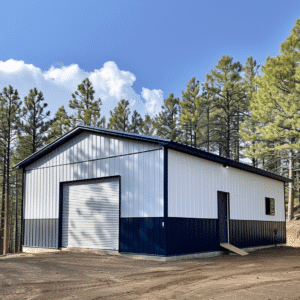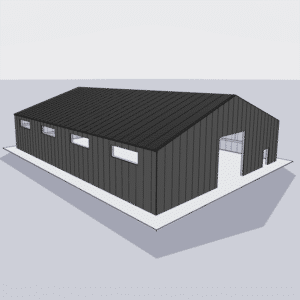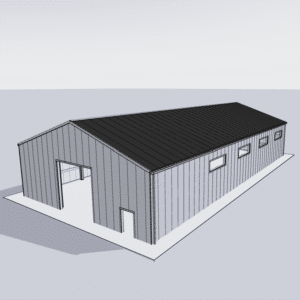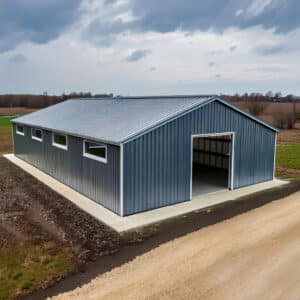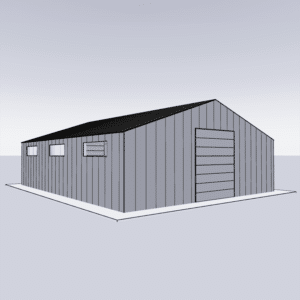Custom Metal Sheds: The Ultimate Storage Solution
Discover the perfect blend of durability and functionality with custom metal storage sheds. These versatile structures offer superior protection for your belongings while providing excellent value for your investment. From simple garden storage to workshop spaces, steel shed building kits deliver reliable, customizable solutions for every storage need.
Home
On this page
Advantages of Metal Storage Sheds
Building Kits
Advantages of Choosing Metal Homes
FAQ’s
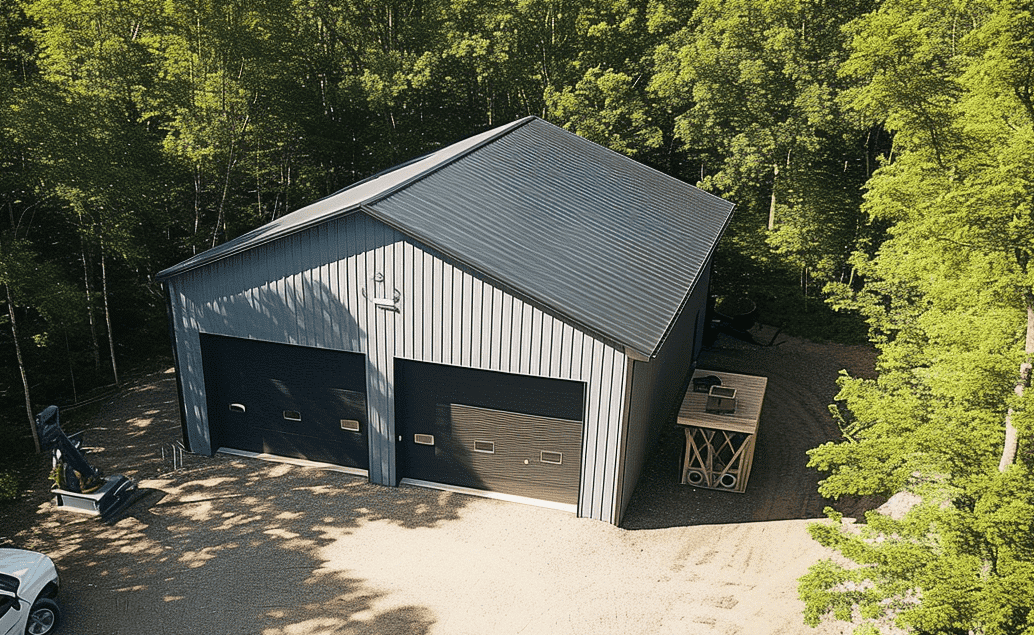
Are you considering adding extra storage space to your property? Have you ever thought about the durability and versatility of metal sheds? They might just be the perfect solution for your storage needs. In this article, we’ll dive into the world of metal storage sheds, exploring their benefits, customization options, and the ease of building with steel shed kits. If you’re undecided about which shed solution suits your needs best, read on to discover why steel sheds might be your best choice.
Advantages of Metal Storage Sheds
Superior Construction Benefits
Metal sheds excel in providing:
Enhanced durability meeting CSA construction standards
Weather resistance tested for Canadian climate
Fire-resistant properties
Pest and rot immunity
Superior structural integrity
Cost-Effective Investment
Smart financial benefits include:
Reduced maintenance costs
Long-term durability savings
Energy efficiency aligned with NRCan building guidelines
Increased property value
Lower insurance possibilities
Steel Shed Building Kits
-
30×50 Metal Building MB212305014W0 Deposit
$18,000.00 Add to cart -
30×50 Garage Package Deposit
$8,500.00 Add to cart -
30×30 Garage Package Deposit
$8,500.00 Add to cart -
20×40 Garage Package Deposit
$5,500.00 Add to cart -
60×80 Steel Building Kit Deposit
$20,000.00 Add to cart -
50×100 Steel Building Kit Deposit
$20,000.00 Add to cart -
50×80 Steel Building Kit Deposit
$20,000.00 Add to cart -
50×60 Steel Building Kit Deposit
$20,000.00 Add to cart
Applications of Custom Metal Sheds
Metal sheds are not just for storage; their applications stretch far and wide. Homeowners often use them as workshops, garages, or even hobby spaces. They provide a blank canvas to design the perfect space for any activity.
For business purposes, metal sheds can serve as Storage Steel Buildings for inventory, equipment, or raw materials. Their robust construction makes them ideal for safeguarding valuable items from the elements and unauthorized access.
For residential applications, these sheds can be seamlessly integrated with your property. Imagine having a dedicated space for your gardening tools, bicycles, or seasonal decorations. Explore more about Residential Steel Buildings to understand how they can enhance your home’s functionality.
Metal sheds are incredibly versatile and can be tailored to suit a wide range of needs. For those in Ontario, metal shed kits offer an excellent combination of affordability and durability. Whether you need a compact storage solution or a spacious workshop, shed kits in Ontario provide an efficient option for residential and commercial use. Alternatively, if you’re considering larger and more robust structures, explore steel buildings in Ontario for enhanced functionality and long-lasting performance, making them perfect for everything from hobby spaces to professional storage facilities.

Premium Metal Garages
Our metal garage kits deliver secure vehicle storage and versatile workshop space, featuring custom sizes, high clearance options, and flexible configurations to match your exact needs.
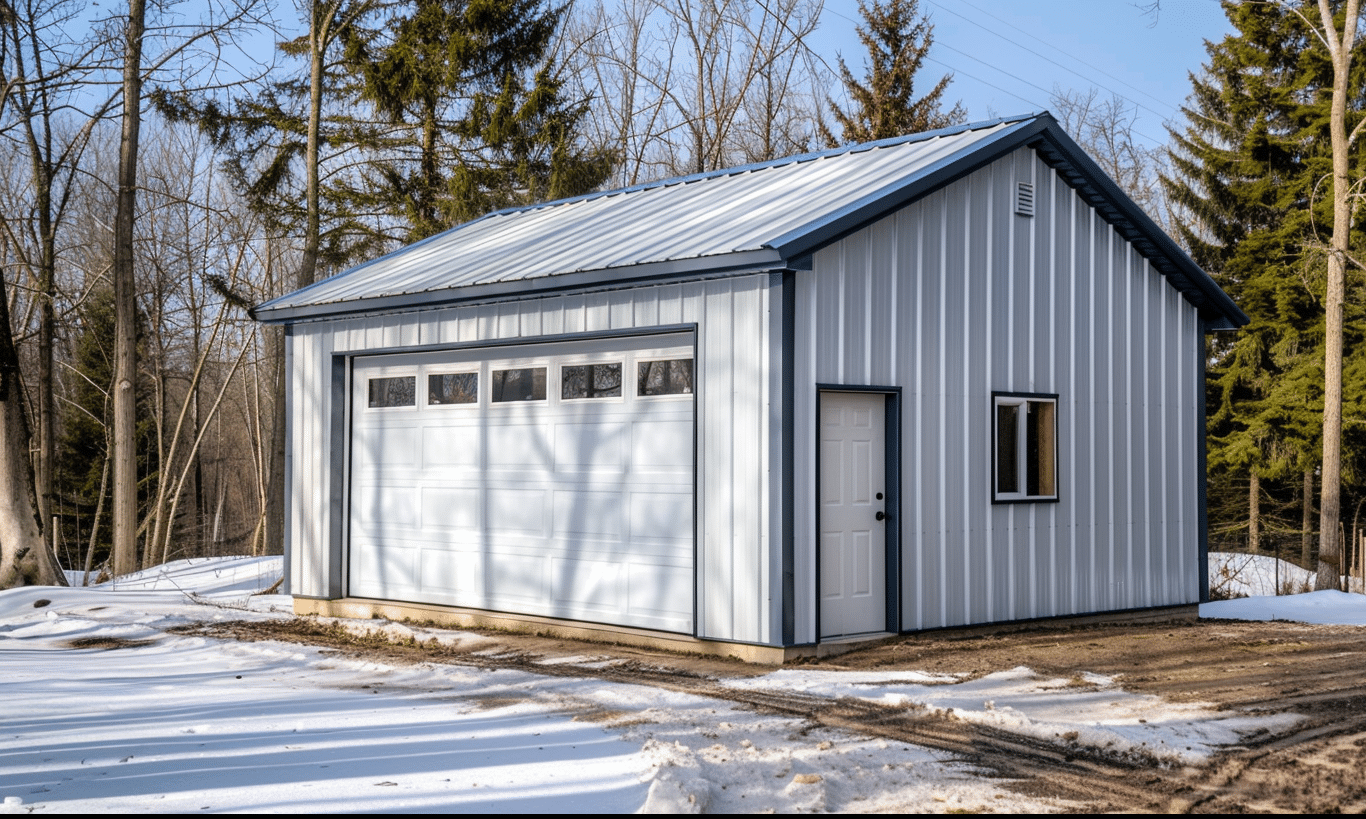
Residential Metal Sheds
Organize your property with our steel storage sheds, designed for tools, equipment, and supplies with workshop capabilities and weather-resistant construction.
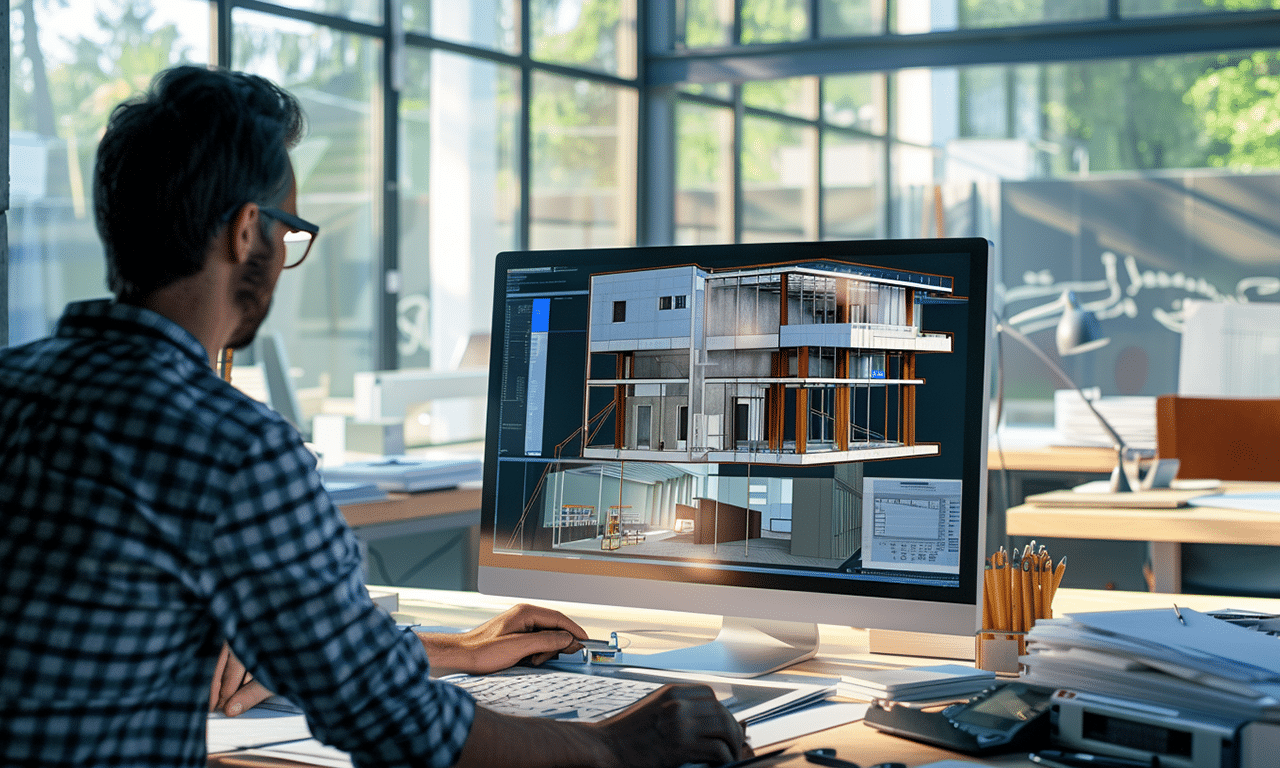
Custom Home Additions
Expand your living space seamlessly with our metal home additions, perfectly matching your existing structure while providing fast construction and versatile options.
Advantages of Choosing Metal Sheds
1. Durability and Longevity
Steel is known for its incredible strength and resilience. Unlike traditional wooden structures, metal homes are impervious to issues like termite infestations and rot. This means that your home is built to last, standing strong against the test of time and weather.
2. Energy Efficiency
Steel frame house building kits are designed with energy efficiency in mind. The precision in their manufacturing process allows for better insulation, reducing energy costs and maintaining comfortable indoor temperatures year-round. This is not only beneficial for the environment but also eases the burden on your wallet.
3. Cost-Effectiveness
While the initial investment in metal homes may seem higher than traditional homes, the long-term savings are substantial. The reduced need for repairs, maintenance, and energy consumption means that over time, metal homes are more affordable. Additionally, the quick assembly of these homes can significantly lower labor costs.
4. Design Flexibility
One of the standout features of metal homes is the vast array of customization options available. Whether you desire a minimalist loft-style residence or a sprawling family abode, steel frame house building kits can be tailored to meet your vision. For those interested in expanding their homes, Metal Home Additions offer a seamless way to enhance your living space without the hassle of extensive renovations.
Before you take the leap into the world of residential steel buildings, there are several essential factors to consider. Firstly, it’s crucial to work with experienced professionals who understand the nuances of steel construction. Partners associated with the Canadian Home Builders’ Association are invaluable as they are often well-versed in local building codes and best practices, ensuring a smooth process from design to completion.
Also, consider the potential growth of your home. Steel structures allow for easy expansion, making them an excellent choice for families looking to grow over time. Additionally, integrating renewable energy solutions—such as solar panels—can enhance your home’s eco-friendly credentials and further reduce energy costs.

Describe Your Project
Share your project details, and we’ll assign you an expert to provide tailored advice and guide you through the next steps.
Step 02
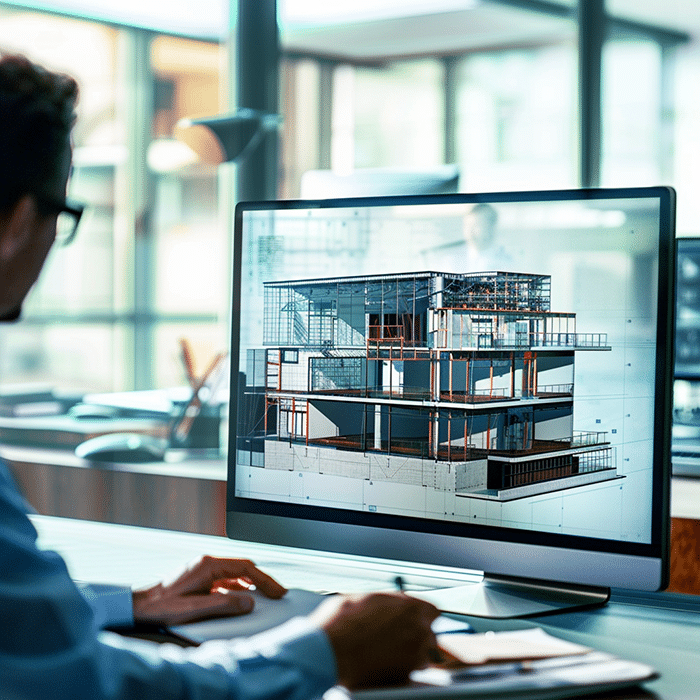
Get a Tailored Quote
Based on your project requirements, we’ll provide a customized quote that includes design, materials, and any additional services you may need.
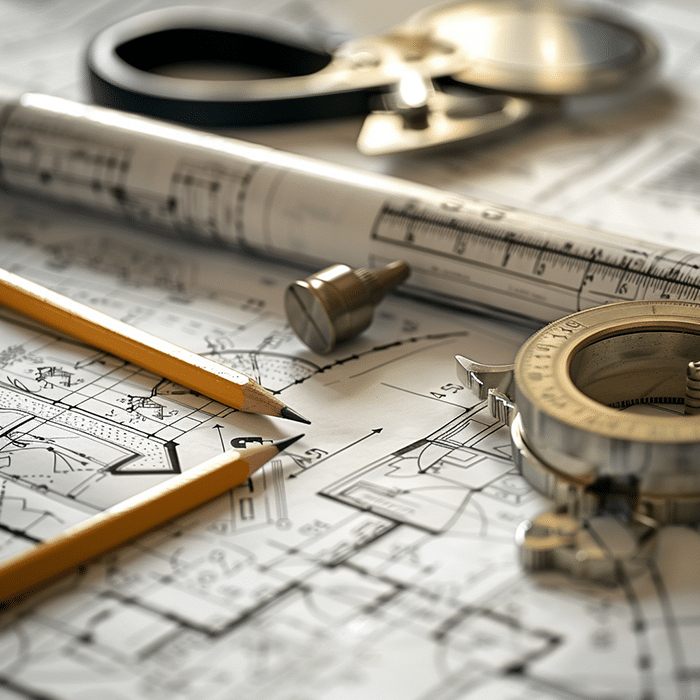
Questions - Approvals
Review the project plan and design we propose. Once you approve, we’ll finalize the timeline and prepare everything to start the process.

Start Building
Our skilled professionals will begin the construction process, delivering high-quality workmanship and keeping you informed every step of the way.
FAQ’s
What sizes of shed kits are available in Ontario?
Ontario shed kits range from compact 6×8 foot garden storage units to expansive 16×24 foot workshops. The most sought-after size is the 10×12 foot model, which balances storage capacity with municipal permit requirements.
Do I need a building permit for a shed kit in Ontario?
In Ontario, structures under 108 square feet (10×10.8 feet) typically don’t require permits, but regulations vary by municipality. For example, Toronto requires permits for sheds over 108 sq ft, while Ottawa’s threshold is 120 sq ft. Notably, even permit-exempt sheds must maintain minimum setbacks of 4 feet from property lines in most Ontario jurisdictions.
How do Ontario shed kits handle snow loads?
Our Ontario-engineered shed kits exceed provincial building code requirements, supporting snow loads of up to 80 lbs per square foot – significantly higher than the provincial standard of 40 lbs/sq ft. The unique triple-truss roof system, specifically designed for Canadian winters, has proven successful in Northern Ontario where annual snowfall exceeds 300cm.
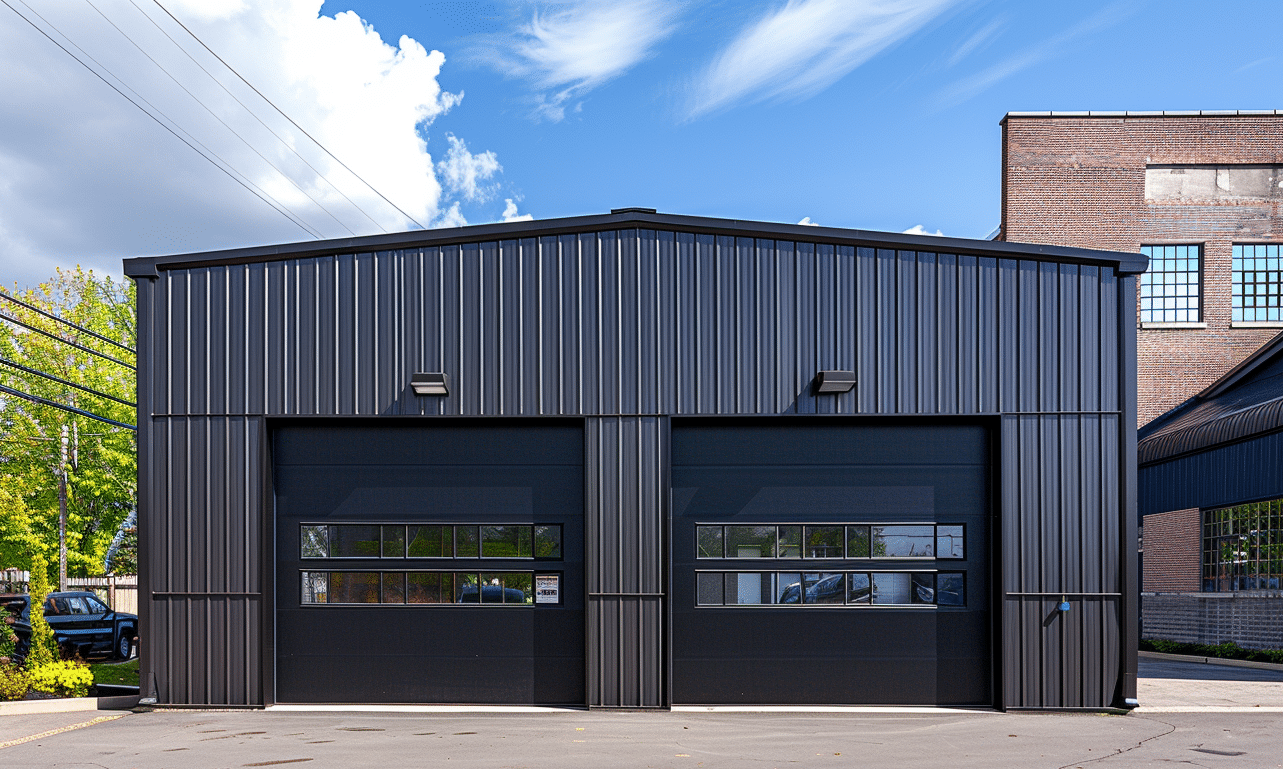
What foundation options work best for Ontario soil conditions?
Given Ontario’s freeze-thaw cycles, we recommend our foundation system, which combines crushed stone base with adjustable concrete piers. This system, tested across various Ontario soil types, prevents frost heave while maintaining level positioning. For clay-heavy regions like the Ottawa Valley, additional base preparation options are available.
What's the real installation timeline for Ontario shed kits?
Complete installation typically takes 6-12 hours with two people, varying by model size. Our exclusive assembly system, developed specifically for Ontario weather conditions, allows for watertight construction within 4 hours. Professional installation teams across Ontario can complete most projects in one day, including foundation preparation.
How much maintenance do Ontario shed kits require?
Our all-season shed kits feature CanadaGuard™ coating, requiring minimal maintenance in Ontario’s climate. Annual inspection of door seals, bi-annual gutter cleaning, and touch-up painting every 5-7 years maintains optimal condition. Unlike traditional sheds, our composite trim never requires repainting and resists Ontario’s harsh freeze-thaw cycles.
The Future of Storage Solutions
Metal storage sheds represent more than just basic storage—they’re an investment in lasting organization and protection. With their combination of durability, efficiency, and adaptability, these structures provide:
Long-Term Benefits
Sustainable storage solutions
Adaptable space usage
Weather protection
Value appreciation
Environmental Advantages
Recyclable materials
Energy efficiency
Minimal maintenance waste
Sustainable construction
Transform your property with a metal storage shed that combines innovative design with practical functionality. Whether you need simple garden storage or a comprehensive workshop space, steel shed building kits offer the perfect solution for your storage needs.
Your Building Project, Simplified
- Clear, upfront pricing
- Thorough evaluation to ensure the best value for your investment
- Flexible customization options
- Fast delivery times
- Expert guidance to keep you fully informed at every step
Contact
